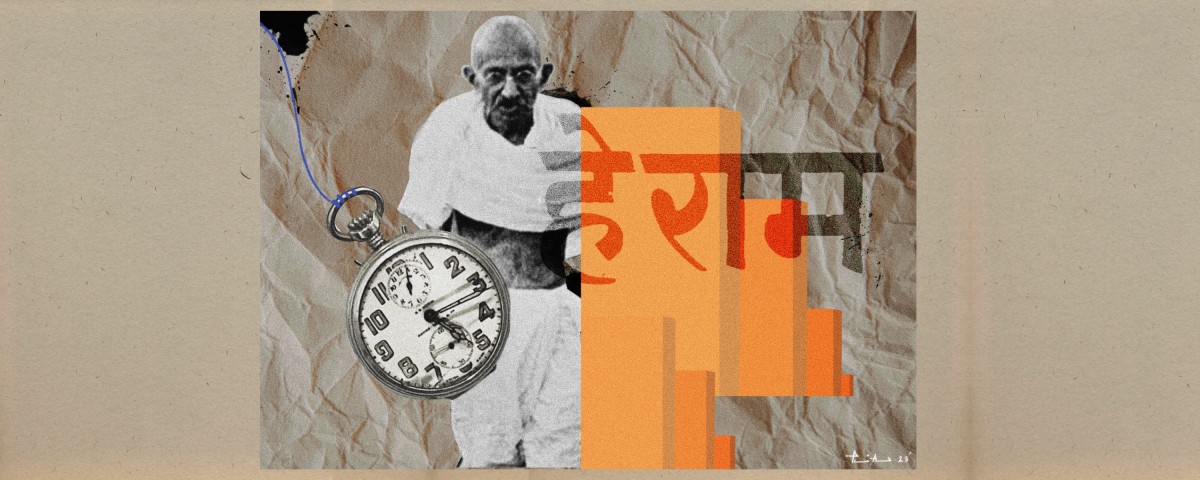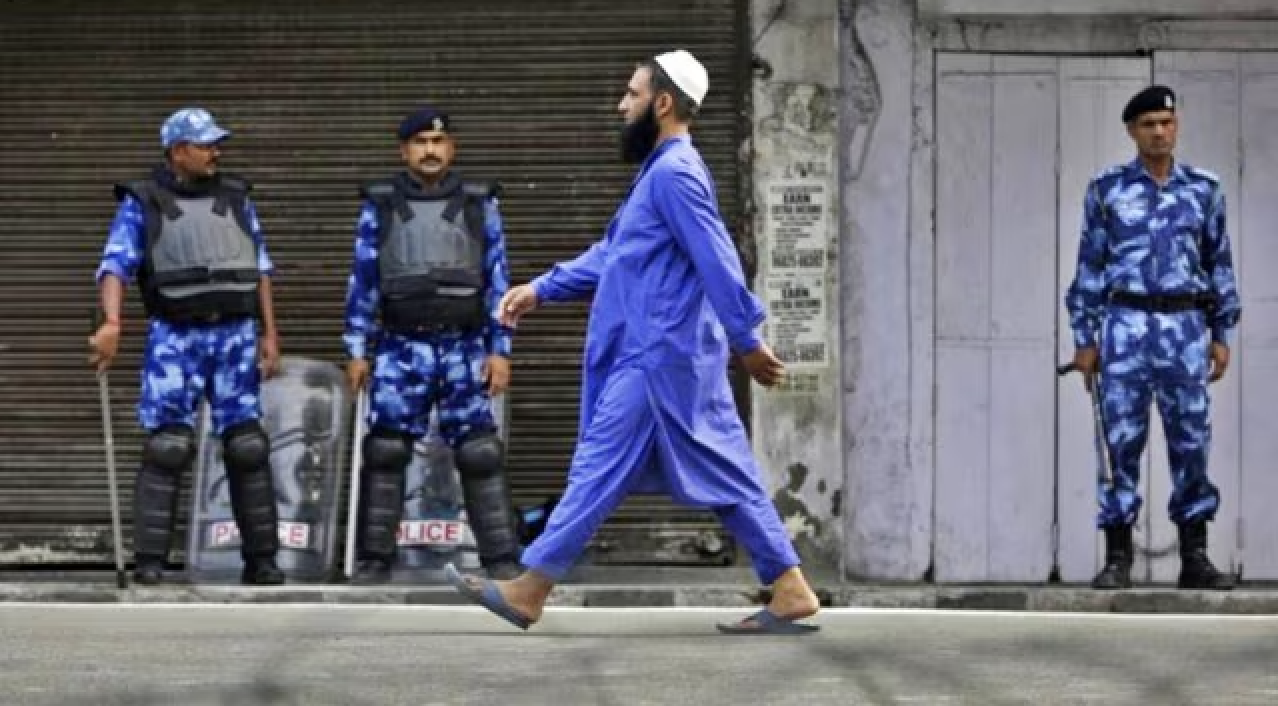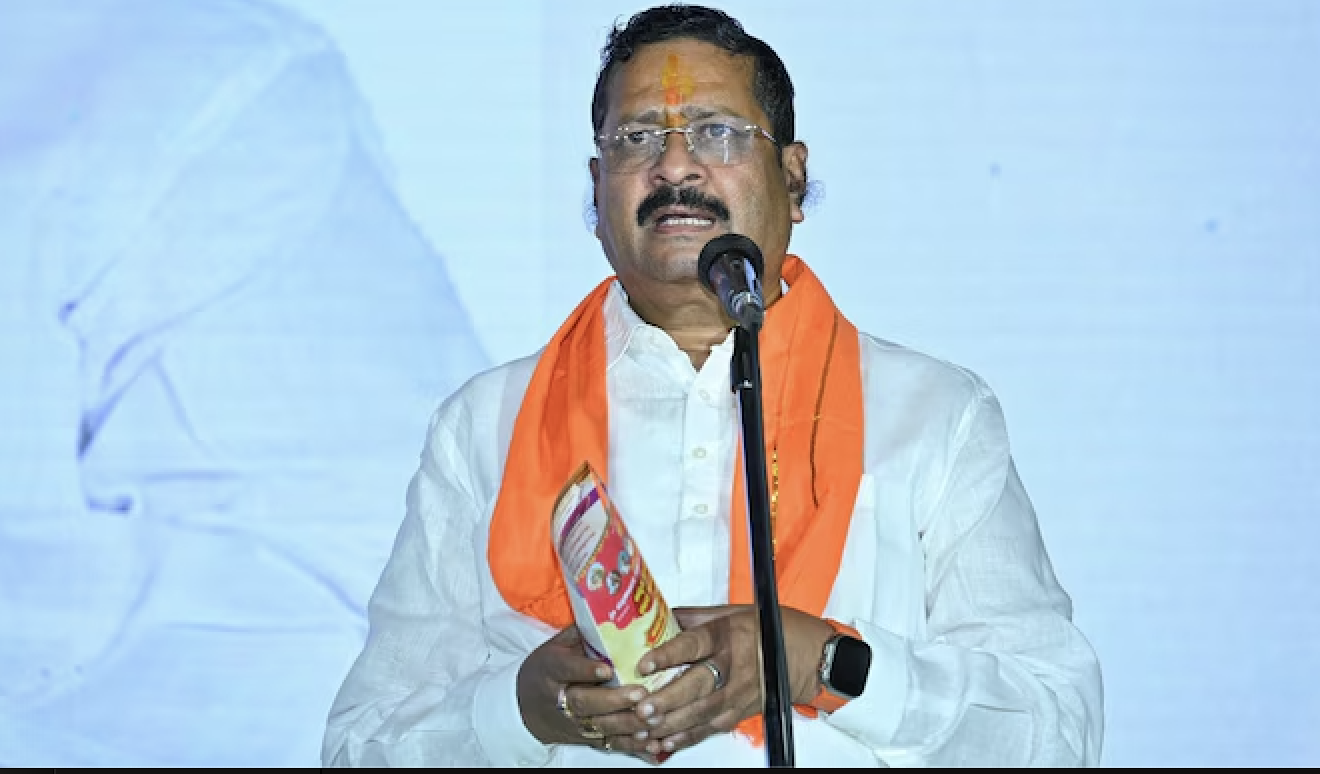
By Ravi Joshi
On this day, January 30, in 1948, Nathuram Godse killed Mahatma Gandhi.
“Even the dead will not be safe from the enemy if he wins. And this enemy has not ceased to be victorious.”
– Walter Benjamin, The Thesis on the Philosophy of History.
“In the first week of January 1948, I came to the conclusion that Gandhi, who had been constantly helping Pakistan, had to be killed. There was no other way to deal with Pakistan,” Nathuram Godse said in his pre-trial statement, recorded at the stage of interrogation.
Later as he anxiously tried to remove any traces of guilt from Savarkar and Narayan Apte and the other co-accused by denying the existence of a conspiracy, Godse revised his account and said that the assassination decision was taken after Gandhi had on January 13 started his indefinite fast, to compel India to pay Rs 55 crores to Pakistan, writes Dhirendra K. Jha in his book Gandhi’s Assassin: the Making of Nathuram Godse.
Seventy-seven years after the assassination of Mahatma Gandhi, his killer Nathuram Godse remains an inconvenient persona who can neither be accepted wholeheartedly, nor rejected resolutely by the Modi government and the leaders of the Bharatiya Janata Party-Rashtriya Swayamsevak Sangh leaders. While Modi often leads foreign heads of states and governments – as he did during the G-20 summit in Delhi in 2023 – to the Gandhi Samadhi in Rajghat to offer prayers, his party MLAs and MPs routinely and brazenly express their admiration for Godse.
This problematic relationship with Godse stems from the fact that while they have publicly accepted his mentor V.D. Savarkar as the philosopher of the party for having given it its foundational ideology, Hindutva, they have had to sever all public links with Godse, because his confession to the court was too strong to be disowned.
This story was originally published in thewire.in. Read the full story here.






